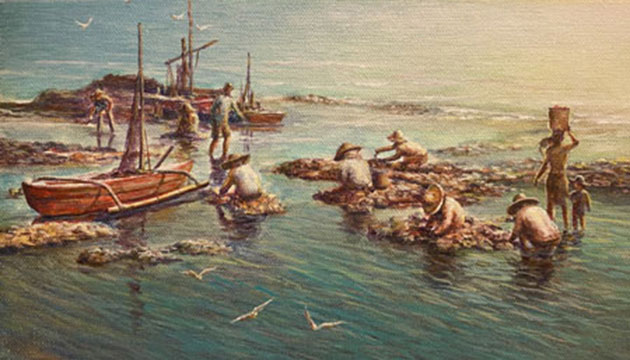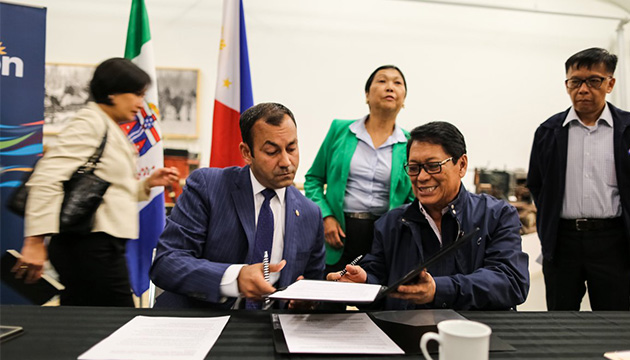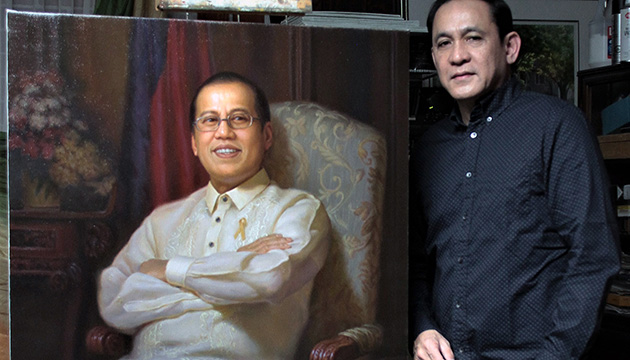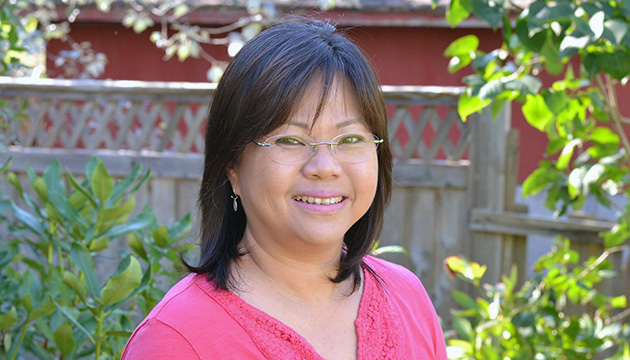Phil de Luna, at 29, is a rising young star in climate change focused on getting ahead of the rapidly changing world by way of clean, renewable energy.
He could also be the MP for Toronto-St. Paul’s in Ontario under the Green Party, if he wins in this September 20 election.
The young and award-winning scientist De Luna is currently program director of National Research Council Canada’s(NRC) Energy Materials Challenge Program, a seven-year $57 million multi-disciplinary collaborative research program aimed at developing made-in-Canada materials solutions to “de-carbonize” the country to transition to net-zero emissions by year 2050, a goal legislated by the Canadian government in late 2020. His appointment in 2019 makes him the youngest ever to hold such an executive level position at NRC.
De Luna also sits as vice chair of the Carbon Management Canada (CMC) Research Institutes’ board of directors, a member of Canada’s Organisation for Economic Co-operation and Development’s (OECD) Advanced Materials Steering Committee and the founding mentor of Creative Destruction Lab, a non-profit organization helping science-based startups bring technology to market.
The many awards to his name include 2019 Forbes Top 30 Under 30, the 2020/21 Action Canada Fellow and a Governor General’s Gold Medal Award.
De Luna was only five when the family left the Philippines for Canada where he grew up without much money in suburban Windsor, Ontario but his parents made sure he got a good education. He plunged headfirst into academe, earning degrees in quick succession: a bachelor’s degree in chemistry from the University of Windsor in 2013, a master’s degree in chemistry in 2015 and a postgraduate degree in materials science and engineering in 2018 – both from the University of Toronto.
Explaining NRC’s mission, De Luna said that the program portfolio currently consists of 20 collaborative research projects across four countries including Canada, the UK, Germany and the US. “The areas we cover include new materials to convert carbon dioxide into renewable fuels and chemicals, new materials to produce low-carbon hydrogen, and robotic self-diving labs to help accelerate the pace of discovery.” He explains that typically, the process from idea or hypothesis to actual commercial rollout takes about 20 years but they try to make it faster by using artificial intelligence and robotics to help automate some of their experiments. The impact will be technologies that help meet Canada’s net-zero by 2050 climate goals resulting in a healthier and more sustainable Canada for everyone.













